The Pursuit of (Un-)Certainty
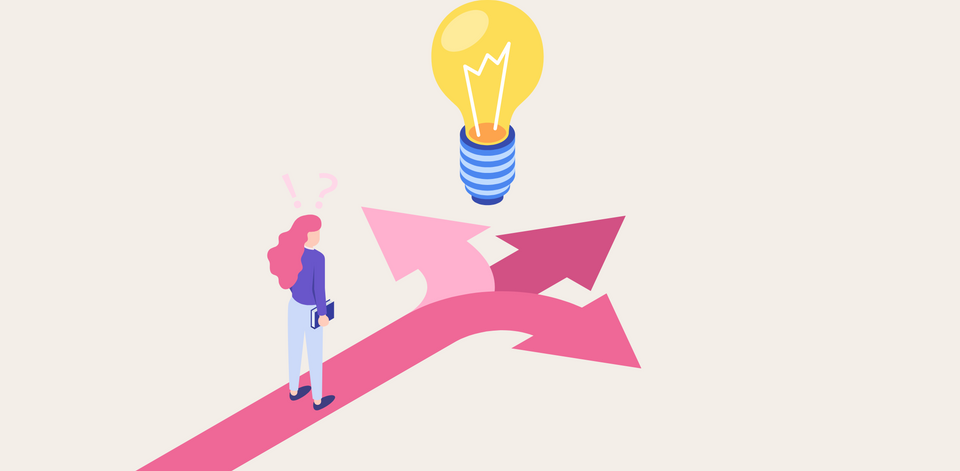
Ah, the joys of uncertainty. This morning, I found myself back in a spiral of pristine quality. After those big words about enjoying all aspects of the rollercoaster last week, there I was trying my hardest to avoid the dip.
Waiting for a big work decision completely out of my hands, I saw myself run through all the avoidance strategies in the book to get out of feeling that pesky sense of unknowing. A snack here, checking messages there - and when they both didn't cut it, I thought “I’ll go for a walk and get a coffee”.
In a beautiful turn of events, I ran into my main man Josh on the way - and he was facing a similar situation. So off we went together, discussing all the ways we’re currently in denial of our obligations, acknowledging that the work will still be there when we come back. Avoiding by discussing avoidance strategies - amazing idea.
Sadly, even the best avoidance walks have to come to an end. So when I came back, my overwhelm was waiting right where I left it. To my surprise, distraction had not magically solved my problems. The nerve. Well, might as well try some more sensible approaches then.
I took some conscious breaths to lean into the feeling, but couldn’t get rid of this implicit assumption that this isn’t right. Josh told me that this too is part of a vivid life - and I agreed. Still, there was this subtle sense that I should be feeling otherwise. That this experience needs to be changed ASAP.
But then, in the blink of a single iMessage, I understood. The moment I got the news that everything's fine, I could feel that the whole morning with all of its discomfort was a wonderful part of a vivid human existence. A little chuckle about my silliness later, I wondered what causes this change. Throughout the whole thing, I knew it was true - but somehow unable to feel it. Now, I don't know for certain what the cause is, but I have a working theory: Certainty.
When you’re in the thick of it, you’re still deeply uncertain how (or if) it’s gonna work out. Caught in the cloud of unknowing, you’re still free to fantasise about all the ways this could be the worst thing ever. So naturally, you feel obligated to put all your resources into combating this uncomfortable feeling. Making the uncertainty disappear. Tensing up in sympathetic activation to prepare for the unknown and pushing against the uncomfortable.
From an evolutionary standpoint, this is perfectly sensible. But once you’ve inevitably moved past this specific issue - be that an hour, week or year later - it loses all its heaviness. It becomes a story to tell. What you felt becomes a mere experience lacking this tense “wrongness”. Quite simply, it becomes much easier to appreciate the rollercoaster after you've left the dip. Why?
Because while we're going through it, it can seem like the rollercoaster engineers missed a piece and this dip is gonna go down forever. In psychology, we have a term for this:
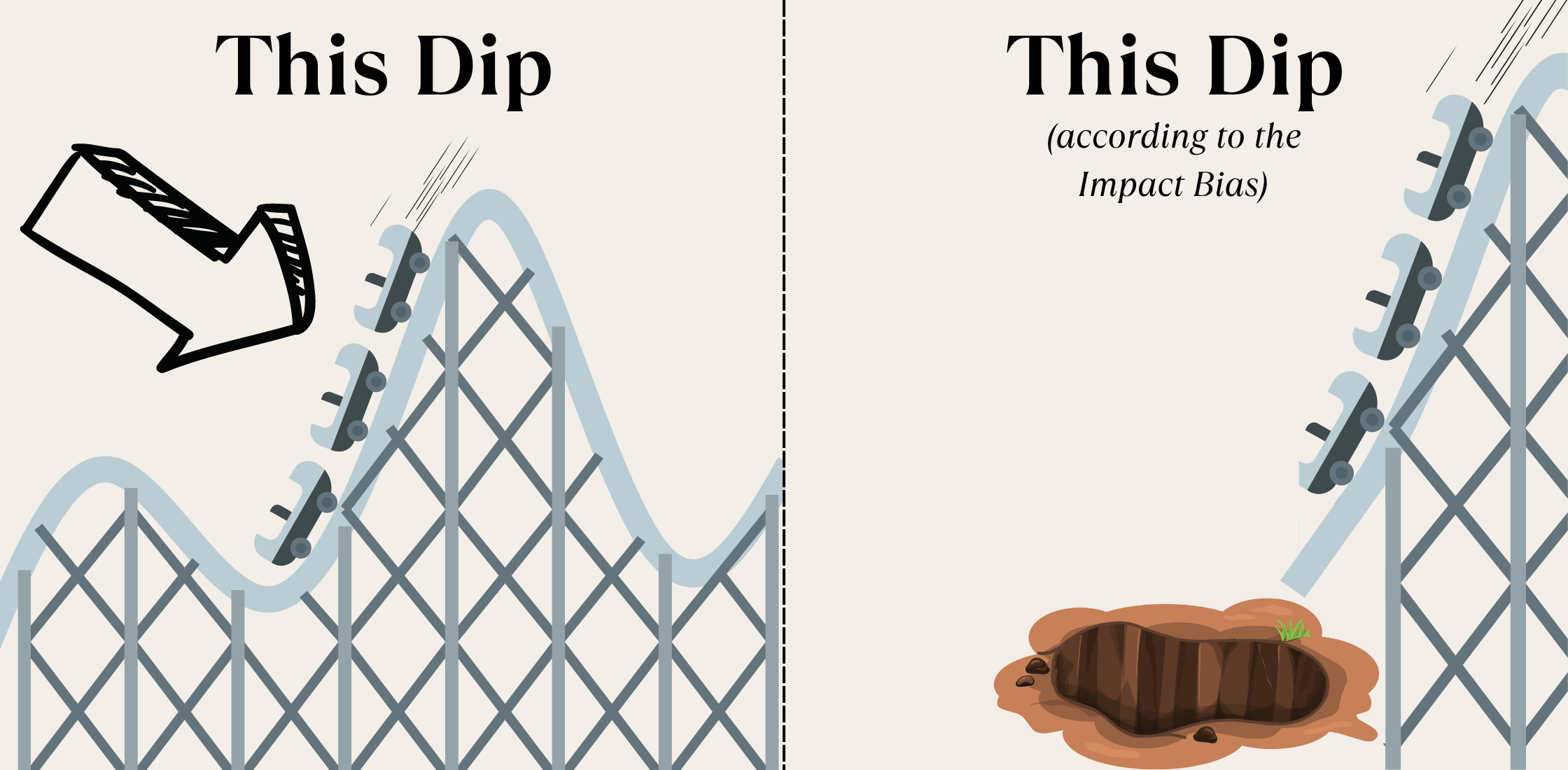
The reason is pretty simple too: Focalism. Basically, when trying to predict how the current work project failing miserably will affect us in a year, we’re convinced that it’ll be as important to us in a year as it is today. In reality, we’ll have either a) forgotten about it by then or b) found new things to worry about. Either way, it won't really bother us nearly as much.
I think this is the point behind the German idiom "Später werden wir drüber lachen" (🇬🇧 “In a year, we’ll laugh about it”). For a while, I was convinced that there’s no real difference between laughing about it today and laughing about it in a year. I thought it’s just another oddity in human behaviour that can be fixed by mere understanding. But as my ongoing struggles with these wonky little biases show, understanding doesn't really fix it. Turns out there is indeed a difference:
Certainty. Today, you might have a hunch that the current problem have absolutely no claim on your well-being in a year. You might have even studied psychology to throw some fancy words at it. But none of that gives the troubled mind what it needs: The certainty that it'll be fine.
There’s this funky facet to certainty: It only exists for past events. There’s no certainty about something that hasn’t happened yet. But wait - does that mean we have to wait until it’s all worked out to truly feel the beauty of the rollercoaster?
I don't think so. Instead, our apparent troubles with uncertainty can be met with the recognition that we chase uncertainty. Why do people dive into travel adventures without a plan, go on blind dates, read mystery novels and watch thrillers? Is it merely for the moment the route is planned, the murderer is revealed and the date turned out great - aka the uncertainty is resolved? No, it's more than that.
Since the times of the ancient Greeks (and probably before), humans have gone to the theatre to watch drama. Each time, we walk in fully aware that it’s gonna turn out fine. It’s just actors portraying a storyline, no one really gets hurt. We know that the “good guys” & the “bad guys” are gonna go to a bar and have drinks together to celebrate the success of opening night. But we want the actors to be so good at their job that we forget all that for a bit. We wanna sit on the edge of our seats, anxious and uncertain: Are the good guys gonna make it? Are the bad guys gonna win? How will they manage to overcome the impossible obstacle?
Fast-forward to the age of Netflix we've even created a word for the gruesome theft of uncertainty that has broken apart many friendships: The Spoiler. Isn't it fascinating how someone can "ruin" a whole show merely by adding certainty to a storyline?
We’re the problem-solving animal and I think deep down, there’s a part of us that hates certainty. For another example, I just have to think back to my chess-teaching days: The moment two players reach a forced mate - a position where both players know that one can’t avoid checkmate - the game is over. It’s not even played to the end because the result is now certain, so to the problem-solving animal there is no point in it. When a forced mate is reached, the players shake hands and start the next game (with an uncertain outcome).
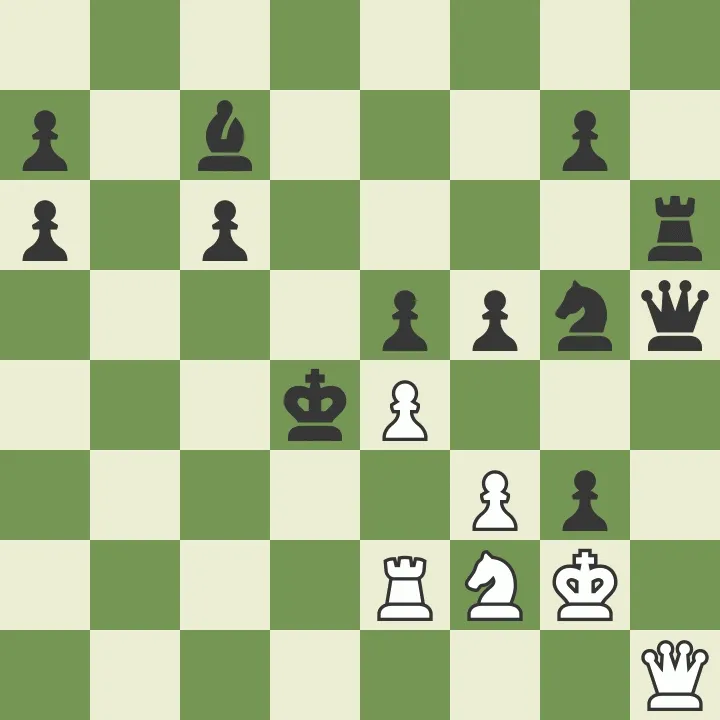
I feel there’s something here that applies to these moments of aversion. Maybe chasing certainty is just a necessary part of this game we play. In a year, it’ll be hard to fool ourselves that it won’t work out - because it already has. But today we get to sit here, fully invested in the drama.
In explaining the working mechanisms of Dopamine, Stanford's Dr Huberman likes to say "It isn't problems being solved that makes us happy, it's solving problems." What he's trying to convey is that the release of Dopamine is tied to the pursuit of goals, not just their completion.
I feel like in the same way, it's not really certainty that we're looking for - it's the pursuit of certainty. If you knew it was gonna work out all along, you'd quickly become bored and head off to the movies to seek out some uncertainty.
So to bring this back to the opening story and my "problem" of getting lost in uncertainty, it all culminates in a funky idea: Maybe it’s not the problem that’s the problem, it’s the illusion that it’s a problem that’s the problem.
In less confusing terms: Maybe my inability to solve the problem comes from the fact that there was never a problem in the first place. Who says it's a bad thing that the situation only feels light & breezy after some time? Can't I dive into the feeling of getting lost in uncertainty every once in a while? Soon enough, I'll be faced with the certainty of the result anyways. Not long after, I'll be back into the pursuit of certainty somewhere else, stressing about the next outcome. So is the the next pursuit better than this one? Is there anything wrong with this one?
I guess not. I guess the overwhelm of uncertainty is a central part of the human experience. So is the attempt to resolve that uncertainty. Somehow, I feel like stressing about either is rather pointless. Sometimes I go out and find my uncertainty fix, sometimes it finds me. Both ways, I might as well groove with it.
I'm not particularly certain about any of this - so I'd love to hear your thoughts: Am I just fooling myself? Is there a way to eliminate uncertainty - and if so, is that actually desirable? Shoot me a message with your take - I'd be honoured.


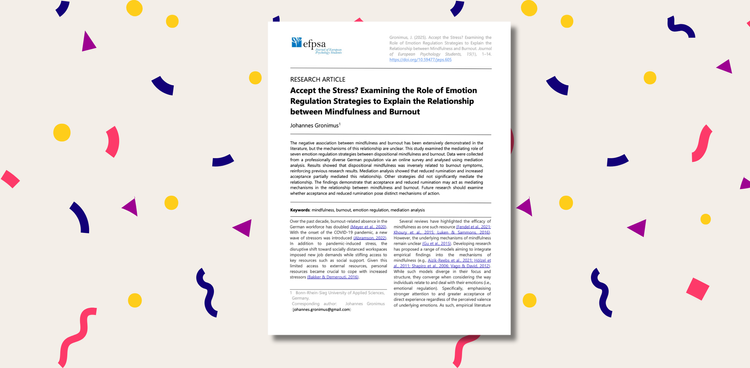
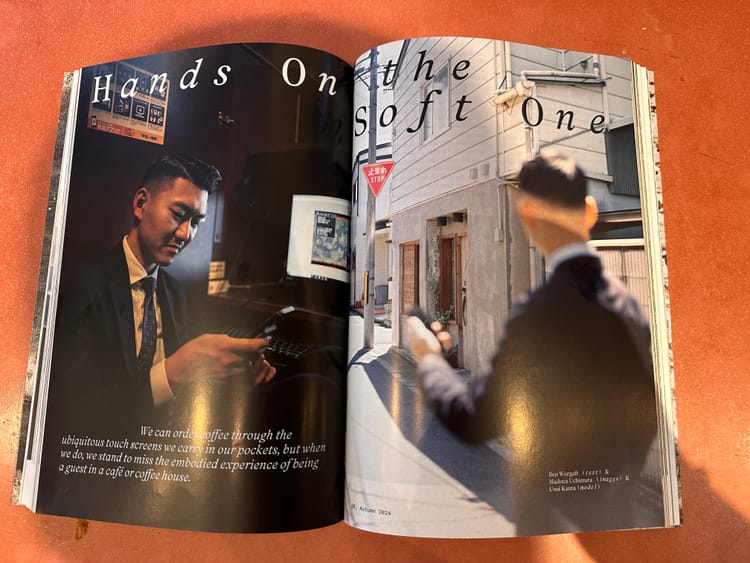
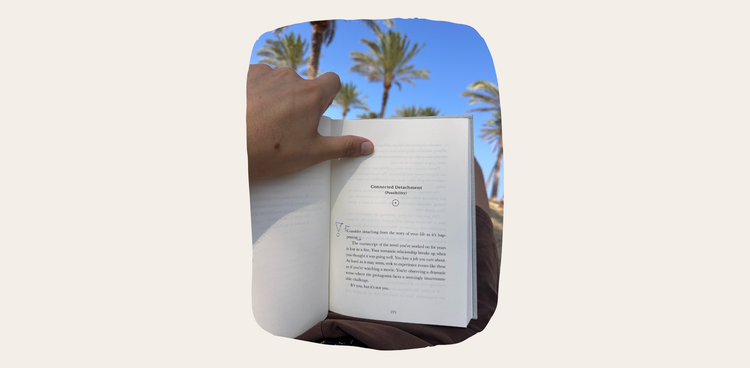
Comments ()